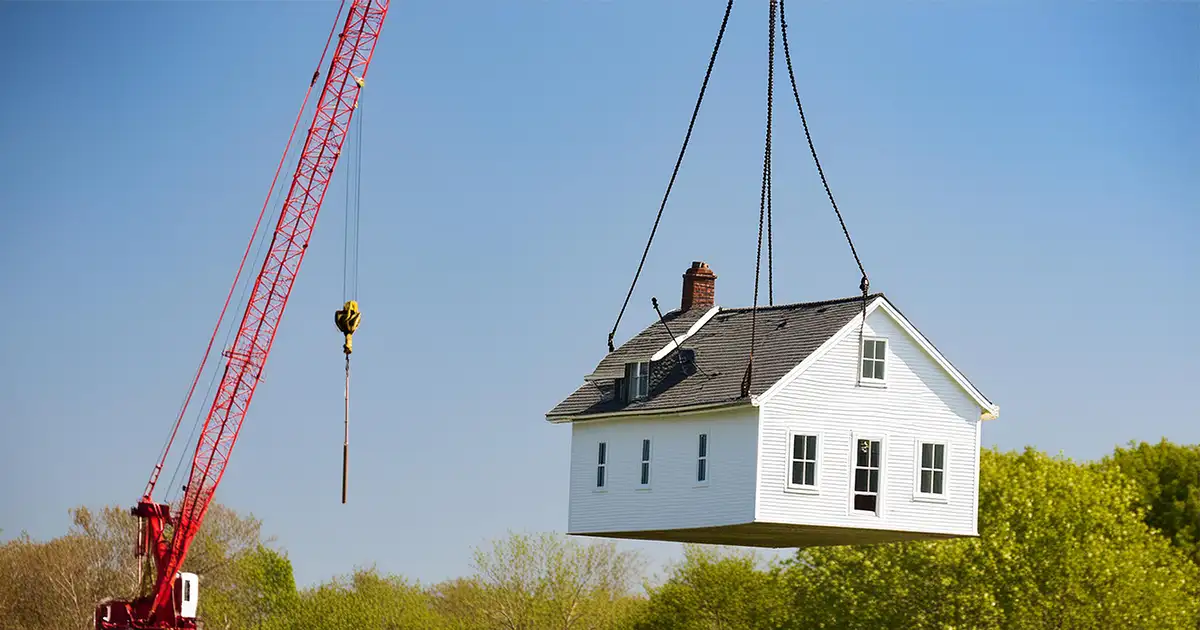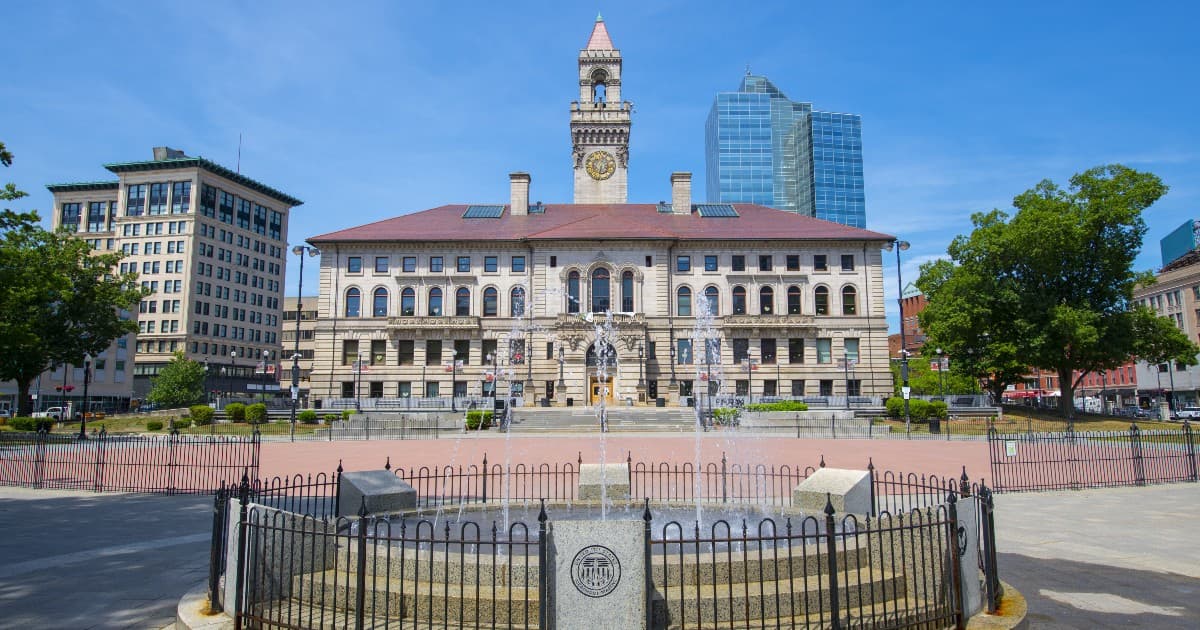[adning id=”13265″]
By Katie Lannan, STATE HOUSE NEWS SERVICE
BOSTON – As state lawmakers prepare to debate a state budget that again calls for spending tens of millions of dollars to address addiction and substance use, one representative is offering up a plan that would have drug companies pick up the tab.
Rep. James O’Day, a West Boylston Democrat, last week urged the Health Care Financing Committee to advance his bill (H 3654) to impose a new assessment on makers of opioids and benzodiazepines dispensed in Massachusetts. The proceeds would be dedicated to substance use disorder education, prevention, intervention, recovery and treatment.
“People talk about, ‘We all know someone who has lost someone,’ and to me it has just become way too second-nature,” O’Day said at a Thursday hearing. “We can’t continue to talk about this problem, week after week and month after month, and we all indicate how we all know someone. Well, that’s extremely and painfully true but this particular legislation I filed I think is an important opportunity to hold opioid manufacturers accountable for the devastating effects of their reckless and deceitful marketing practices that have not only impacted other states across the country but definitely here in Massachusetts.”
style=”display:block; text-align:center;” data-ad-layout=”in-article” data-ad-format=”fluid” data-ad-client=”ca-pub-1728813985361579″ data-ad-slot=”8281790210″>
A total of 1,974 people in Massachusetts died of confirmed or suspected opioid overdoses in 2018, down from 2,056 the year before, the Department of Public Health reported in February.
In addition to efforts focused on education for young people, prescriber practices and access to treatment, policymakers have also turned an eye toward pharmaceutical companies as one part of a multi-pronged approach to fighting addiction.
Last year, Attorney General Maura Healey launched a lawsuit against OxyContin maker Purdue Pharma and several of its executives, alleging they “engaged in a deadly, deceptive scheme to sell opioids in Massachusetts.”
Gov. Charlie Baker, as part of his fiscal 2020 budget, proposed a 15 percent tax on drug manufacturers’ gross receipts from the sale of opioid products. The tax, which Baker’s office said was projected to generate $14 million next year, was aimed at helping the state address the growing cost of providing treatment and services for substance misuse.
The House Ways and Means Committee left the opioid tax out of the $42.7 billion budget it rolled out last week, which included $49.4 million for the Substance Use Disorder Trust Fund and $143.9 million for the Bureau of Substance Addiction Services.
House Minority Leader Brad Jones has offered an amendment that would impose a 15 percent opioid tax along the same lines as Baker’s.
Under O’Day’s bill, drug manufacturers would be required to cover the state’s expenses for addiction treatment and recovery services up to a maximum $75 million per year. An individual manufacturer would be responsible for paying a percentage of the total cost that’s equivalent to its share of the opioid market, or 40 percent of its gross receipts, whichever is less.
Drugs used for addiction treatment would be excluded, O’Day said.
The money generated would go into a Substance Abuse Services Fund and spent to “support prevention, intervention, recovery and treatment strategies to reduce the prevalence of substance use disorder in the commonwealth.”
O’Day said the state Health Policy Commission would work with manufacturers “to prevent this assessment from being translated into increased costs for consumers.”
Twenty other House lawmakers and one senator — Sutton Republican Ryan Fattman — have signed on to the bill as cosponsors. Two of them, Reps. Jon Santiago of Boston and Peter Capano of Lynn, testified alongside O’Day.
“There is a history here going back to the 90s of how big drug companies have lobbied and marketed these drugs, changed regulations and over the past few years, maybe there has been some improvement, but my district in Lynn has one of the highest opioid rates in the state, and there are other cities and towns, I’m sure, in the same boat that we’re in,” Capano said. “What is lacking is access to treatment, and I think a bill like this puts it on the people that are responsible for the problem in the first place, and I think that’s where we have to start looking.”
style=”display:block; text-align:center;” data-ad-layout=”in-article” data-ad-format=”fluid” data-ad-client=”ca-pub-1728813985361579″ data-ad-slot=”8008250056″>
Follow us on The016.com, the social network for Worcester and you!








